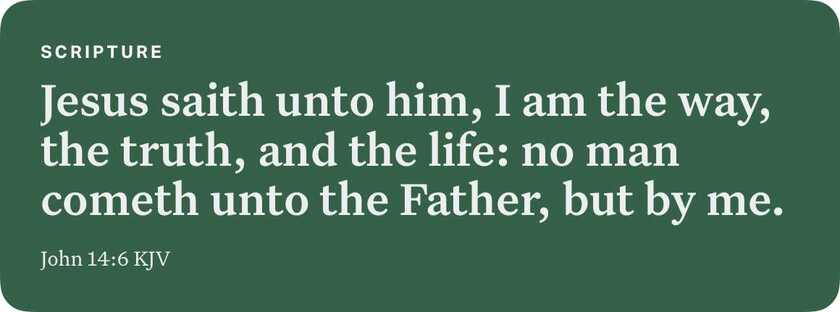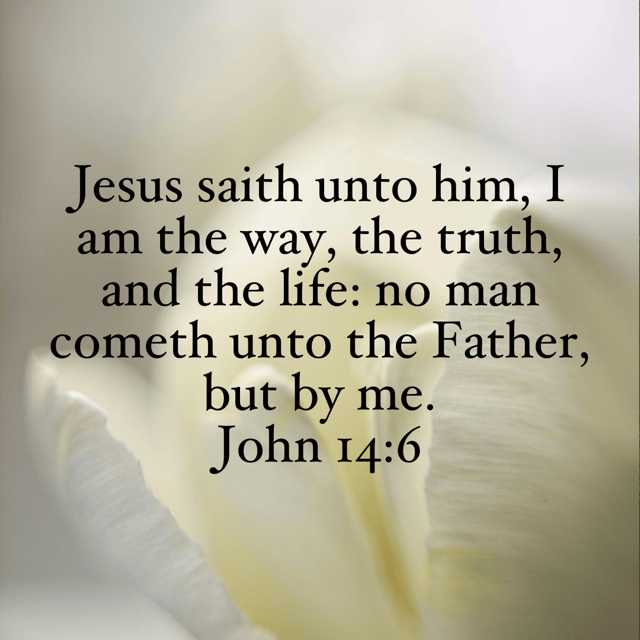I will share about Christian books I have read or listened to.
I will be sharing about my life before and after Christ. I will include stories about my pet and other pets I have encountered.
The Bread That Fills Forever
After feeding 5,000 people with just five loaves and two fish, the crowd chased after Him, hungry for more bread. But instead of sating their hunger, He tells them to stop hoping for food that spoils. Rather, He says, they should seek food that endures to eternal life.
Jesus knows our physical hunger, but He also knows the greater hunger of our souls. Beneath our roaring stomachs is an even louder cry—for forgiveness, reconciliation, and life with God. That’s why He declares:
"I am the living bread that came down from heaven. Whoever eats this bread will live forever. This bread is my flesh, which I will give for the life of the world."
John 6:51 (NIV)
This isn’t about bread that fills for a day; it’s about the bread of His body, given for the life of the world.
Sitting with His disciples in the Upper Room before His arrest, trial, and crucifixion, Jesus breaks bread with them, saying, “This is my body, given for you.” It’s the first communion, a meal of forgiveness and eternal life.
Today, Jesus still invites us to His table, where grace overflows and every seat is filled with love. He calls us to stop chasing what won’t last and instead feast on what will.
There’s one table, one meal, and one bread that satisfies forever. Let’s come hungry for Jesus and leave filled with his life. “Whoever eats this bread will live forever.”
“Then all Israel gathered themselves to David unto Hebron, saying, Behold, we are thy bone and thy flesh. And moreover in time past, even when Saul was king, thou wast he that leddest out and broughtest in Israel: and the LORD thy God said unto thee, Thou shalt feed my people Israel, and thou shalt be ruler over my people Israel. Therefore came all the elders of Israel to the king to Hebron; and David made a covenant with them in Hebron before the LORD; and they anointed David king over Israel, according to the word of the LORD by Samuel. And David and all Israel went to Jerusalem, which is Jebus; where the Jebusites were, the inhabitants of the land. And the inhabitants of Jebus said to David, Thou shalt not come hither. Nevertheless David took the castle of Zion, which is the city of David. And David said, Whosoever smiteth the Jebusites first shall be chief and captain. So Joab the son of Zeruiah went first up, and was chief. And David dwelt in the castle; therefore they called it ...
















